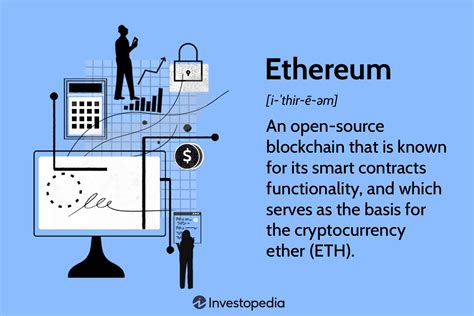Ethereum: What is the approximate hashrat man?
The Ethereum network relies on a complex cryptographic system to ensure transactions and control the creation of new units. This system focuses on the concept of hashok used to create unique digital prints for each transaction, block and intelligent contract. But how fast can people count on these hash?
Price hash and mathematical operations

To understand what we are talking about, we dive in some mathematical conditions.
* Hash -chamber : This suggests your computer can do your computer every second.
* Mathematical Operations for Blockheader-to-Blockhash
: In Ethereum, each block header contains mathematical instructions performed by the network. These instructions include:
+ Transaction checking in the block
+ Time -stamp calculation and hash -a
+ Create a unique digital signature (using a secret key)
+ Add new blocks to blockchain
* Approximate Hashrate : Estimated time requires a person to perform mathematical operations about 1000-2000 times is more slower than a modern computer.
How fast can people count on hash?
Put this in perspective:
- A professional cryptograph can spend several days or weeks on one block with an estimated time of about 10-20 hours.
- A skilled developer with a decent internet connection can perform mathematical operations in milliseconds (for example, less than 1 second).
- Even a moderate fast computer lasts thousands and thousands of years to fill the block.
How fast people are compared to supercompensors?
To get a picture of how slow people compare themselves with supercompensors, consider this:
- High performance computer cluster can implement about 1-2 egaflops (millions of billion billion per second).
- In contrast, the average modern processing rate is in the range of ten or hundreds of gighertza (GHz). For example:
+ Intel Core i9 processor: up to 5.3 GHz
+ Nvidia Geforce RTX 3090 Graphics Card: About 1.7 GHz
Conclusion
Ethereum hashrate and mathematical operations are complex tasks that require significant computer power. Although people can make these budgets relatively easy, we still stand far behind the calculation speed available for modern supercompensers.
As the Ethereum Network continues to grow and improve, it is crucial to consider the possible consequences of cryptography, security and scalability. Maybe one day we see the development of more effective algorithms or alternative cryptographic techniques, which can overcome some of these limitations. For now, people still play a vital role in maintaining the integrity and security of the Ethereum network.
